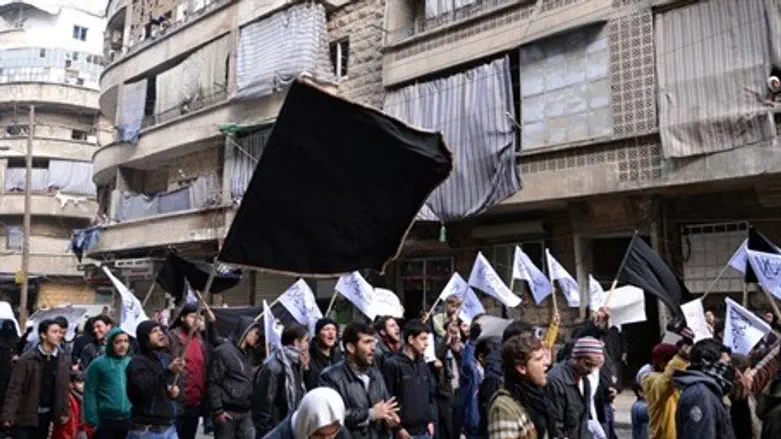
Khalid bin Mohammad Al Attiyah, Qatar's Foreign Minister, is reportedly meeting in Istanbul this week with members of the Free Syrian Army in an attempt to present a united front between Arab leaders in advance of the United Nations' upcoming Geneva II conference, which will attempt to begin peace talks between Syrian President Bashar Assad and military leaders of the opposition.
The Qatari FM also reportedly met with Syrian Muslim Brotherhood representative Riyadh Al-Shaqfa, in a successful attempt to convince the organization to join Qatar in spearheading efforts to mediate and end the Syrian conflict. Qatar has called for an immediate halt to the ongoing and bloody violence in Syria and the transfer of power from President Bashar Al-Assad to a transitional authority.
Qatar plays a major role in supporting the rebel forces, including the Muslim Brotherhood forces, which constitute an unofficial branch of the Syrian National Front. The sheer number of different Islamic forces operating in rebel camps, and reluctance by those groups to accept foreign intervention (i.e. an internationally chosen Syrian "Coalition") to solve the ongoing civil war, makes it difficult for international efforts to succeed to end the conflict, which has already been estimated to have killed about 120,000 Syrians and to have displaced between 2-3 million.
Tensions between various Islamic groups run high in the rebel camps, often leading to bloodshed between various factions. Syria’s civil war, originally a struggle between Syrian President Bashar Al-Assad’s regime and rebels trying to oust him, has now escalated into a series of different conflicts between warring factions, including clashes between Kurdish and (largely Arab) Islamist groups in the north, as well as infighting between various Arab rebel factions elsewhere in the country.

